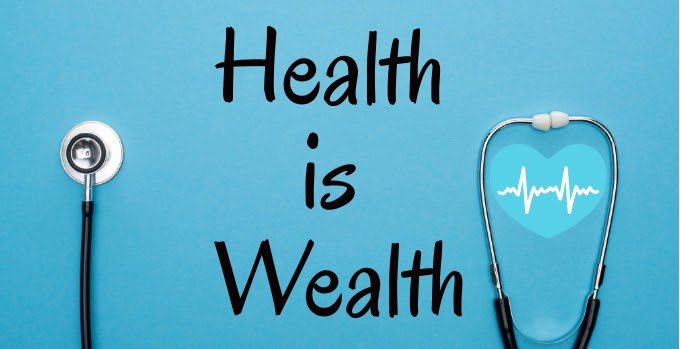Omega-3 fatty acids are often touted as a cornerstone of a healthy diet, and for good reason. These essential fats, found primarily in fish oils and certain plant sources, are renowned for their potential health benefits. But is taking an omega-3 supplement every day necessary or even beneficial for everyone? Lets dive into the science and practical considerations to help you make an informed decision.

What Are Omega-3 Fatty Acids?
Omega-3 fatty acids are polyunsaturated fats crucial for various bodily functions. The three main types are:
Eicosapentaenoic Acid (EPA): Found mainly in fish oil, it is known for its anti-inflammatory properties.
Docosahexaenoic Acid (DHA): Also prevalent in fish oil, DHA is vital for brain health and development.
Alpha-Linolenic Acid (ALA): Found in plant sources like flaxseeds, chia seeds, and walnuts, ALA can be converted into EPA and DHA, though the conversion rate is relatively low.
Potential Benefits of Omega-3s
Heart Health:
Omega-3s are best known for their heart-healthy benefits. They help reduce triglycerides, lower blood pressure, and may decrease the risk of heart disease. Studies suggest that regular consumption of omega-3s can support overall cardiovascular health.
Brain Function and Inflammation and Joint Health:
DHA is a major structural component of the brain. Adequate levels of DHA are associated with improved cognitive function and may protect against neurodegenerative diseases.Omega-3s have anti-inflammatory effects, which can be beneficial for managing conditions like arthritis. They may help reduce joint pain and stiffness.
Mood and Mental Health:
Some research indicates that omega-3s can play a role in improving mood and alleviating symptoms of depression and anxiety. The exact mechanisms are still being studied, but omega-3s appear to contribute to overall mental well-being.
How Much Omega-3 Should You Take?
The optimal dosage of omega-3s can vary based on individual health needs and conditions. General guidelines suggest:For heart health: A typical dose ranges from 250 to 500 milligrams of combined EPA and DHA per day. For managing inflammation: Higher doses, up to 1,000 to 3,000 milligrams per day, may be recommended, but this should be done under medical supervision. It is important to consult with a healthcare provider before starting any new supplement regimen, especially if you have existing health conditions or are taking other medications.
Natural Sources vs. Supplements
While omega-3 supplements are widely available, getting these essential fats from natural food sources is often preferred. Fatty fish like salmon, mackerel, and sardines are excellent sources of EPA and DHA. Plant-based sources like flaxseeds and walnuts provide ALA.
Balancing your diet with these foods can help you meet your omega-3 needs without relying solely on supplements. Additionally, whole foods provide other beneficial nutrients that supplements alone might not offer.
Potential Risks and Considerations
For most people, omega-3 supplements are safe when taken in recommended amounts. However, there are a few considerations: Bleeding Risk: High doses of omega-3s can increase bleeding risk, especially if you are on blood-thinning medications. It is crucial to discuss this with your doctor. Quality of Supplements: Not all omega-3 supplements are created equal. Look for products that are tested for purity and free from heavy metals and contaminants. Digestive Issues: Some people experience gastrointestinal issues, such as fishy aftertaste or nausea, when taking omega-3 supplements.
Conclusion
Incorporating omega-3 fatty acids into your daily routine can offer significant health benefits, particularly for heart and brain health. However, whether you should take them every day depends on your individual health needs, dietary habits, and overall lifestyle. For many people, aiming to consume omega-3-rich foods regularly may be sufficient. If you are considering supplements, a daily dose could be beneficial, but it is best to consult with a healthcare provider to determine the right approach for you. Ultimately, a balanced diet rich in a variety of nutrients, including omega-3s, combined with regular physical activity, forms the foundation of good health. Whether through food or supplements, finding the right balance is key to supporting your long-term well-being.















Comments
Leave a comment